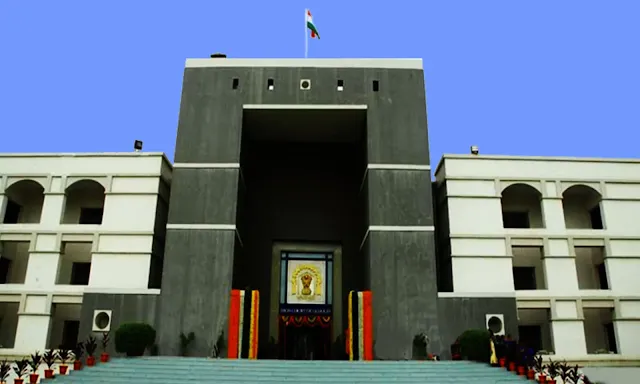Background of the Case
The custody battle involved a separated couple who disagreed on various issues concerning their child’s upbringing, most notably the child’s medium of education. The father, who had custody of the child, had enrolled the child in an English medium school, believing it would provide better educational opportunities and future prospects. On the other hand, the mother opposed this decision, citing concerns about the child’s adaptation and arguing for a school with a regional language medium.
As the parents were unable to reach an agreement, the dispute escalated to the court. The mother filed a petition challenging the father’s decision and seeking to transfer the child to a school with a different medium of instruction, which she believed would better suit the child’s needs.
Court’s Focus on the Child’s Best Interests
In its decision, the Gujarat High Court examined the case with a focus on the child’s best interests rather than merely settling the parental conflict. The Court recognized the critical role education plays in shaping a child’s future and stressed that decisions regarding a child’s schooling should be guided by what would most benefit the child in the long run.
The Court noted that education in an English medium school generally opens up broader opportunities for children, both in terms of higher education and career prospects. With English being a global language and essential for many academic and professional fields, the Court underscored the potential advantages of receiving education in English, especially in a competitive, globalized world. Therefore, the Court ruled that the father’s decision to enroll the child in an English medium school was in line with the child’s best educational interests.
Importance of Stability in Education
Another significant aspect of the Court’s ruling was its emphasis on stability in the child’s educational environment. The Court was of the view that frequent changes in a child’s schooling can cause unnecessary disruption and hinder the learning process. Given that the child had already been attending the English medium school and had adjusted to the new environment, the Court found no compelling reason to transfer the child to another school with a different medium of instruction.
The Court also highlighted that such a transfer could negatively impact the child’s academic performance and social development, as adapting to a new school system and language could introduce additional challenges. Stability and continuity in education, the Court observed, were essential to ensuring the child’s academic success and emotional well-being.
Balancing Parental Rights with the Child’s Welfare
The Gujarat High Court acknowledged the parental rights of both the mother and the father in making decisions regarding their child’s upbringing. However, it emphasized that the child’s welfare should take precedence over the preferences of either parent. The Court reasoned that while both parents had valid concerns, the child’s long-term educational benefits must be the guiding principle in resolving the dispute.
In light of this, the Court rejected the mother’s petition and upheld the father’s decision to continue the child’s education in an English medium school, stating that it was in the child’s best interests. The ruling reinforced the notion that when parental disagreements arise in custody cases, the primary focus should remain on the child’s well-being, particularly in matters related to education.
Conclusion
The Gujarat High Court’s ruling underscores the paramount importance of the child’s best interests in custody disputes, especially those involving education. By prioritizing the child’s educational stability and long-term prospects, the Court has reinforced the principle that decisions regarding a child’s upbringing should always aim to provide the child with the best possible opportunities for success. This judgment is likely to influence future cases where educational choices and parental disagreements intersect.










0 Comments
Thank you for your response. It will help us to improve in the future.